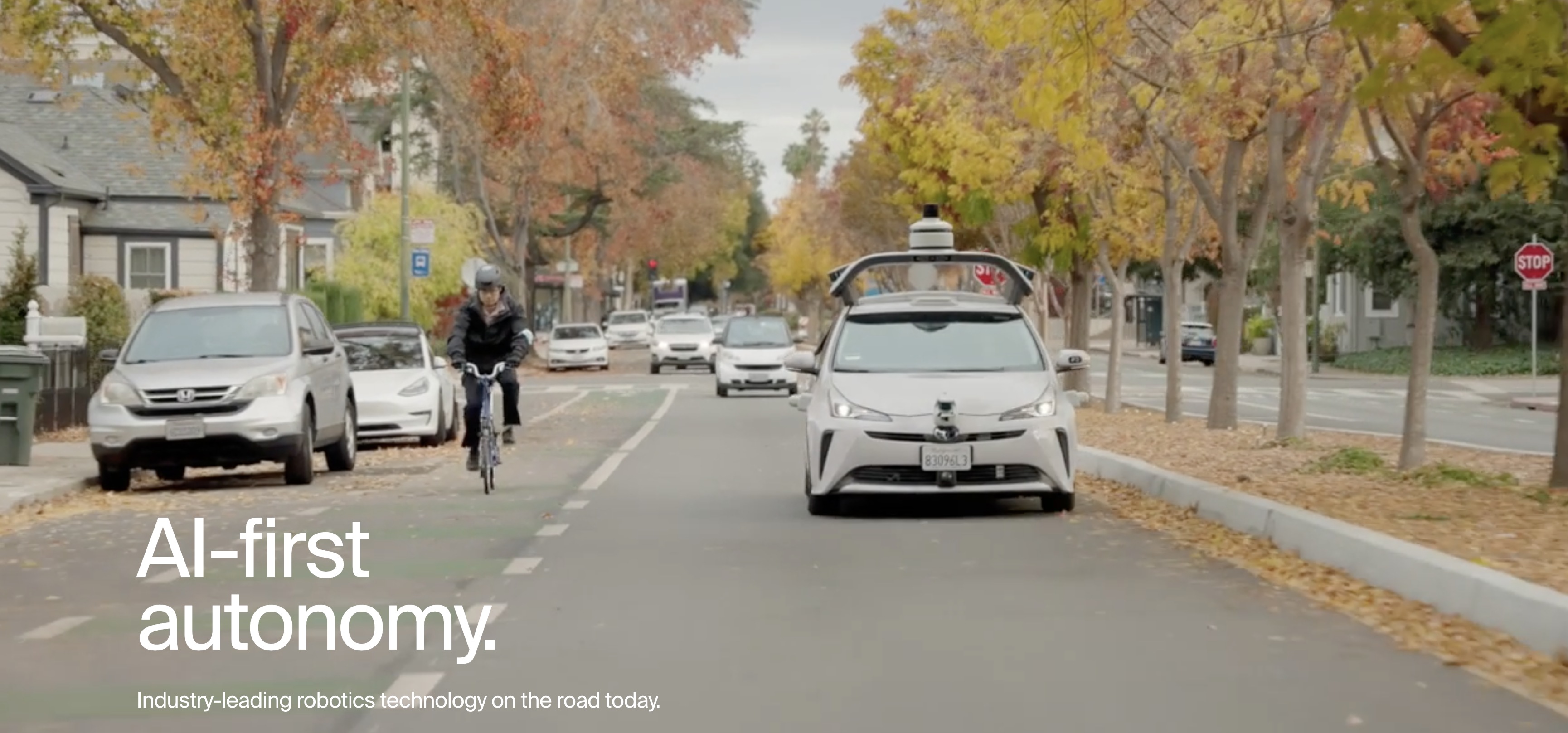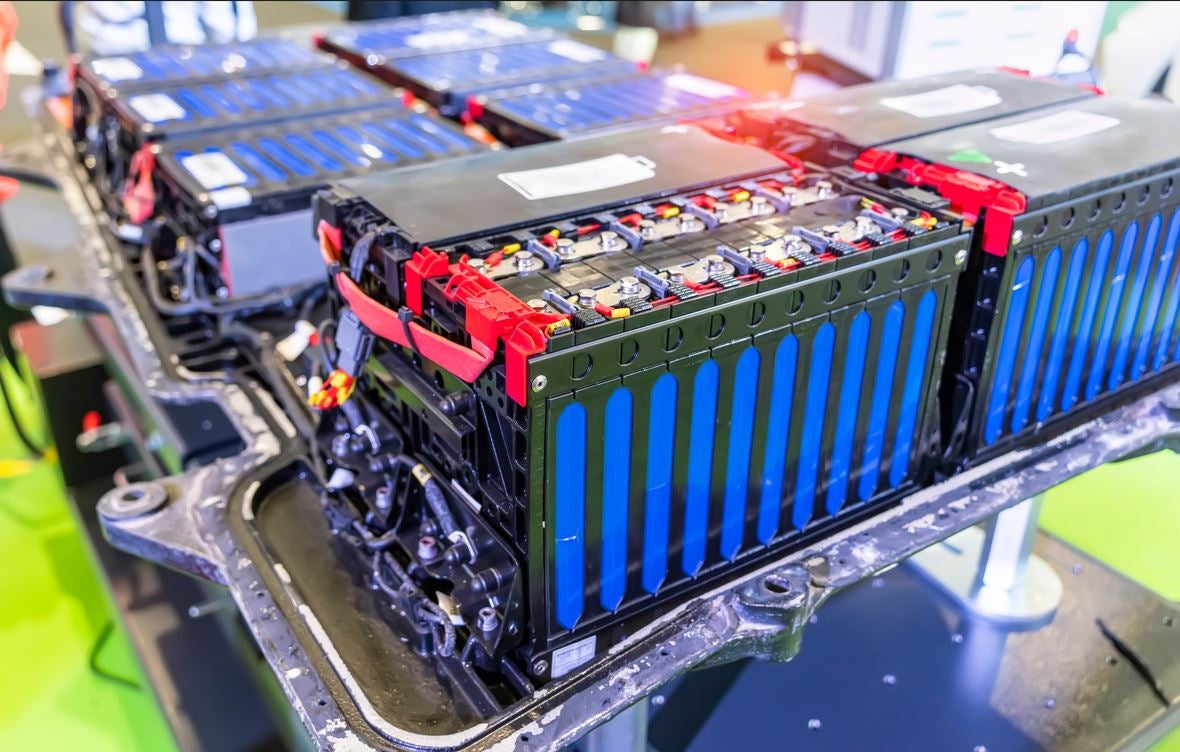Sign up for daily news updates from CleanTechnica on email. Or follow us on Google News!
World Vegan Day is an annual event that celebrates veganism and promotes its core principles, including cruelty-free living, ethical treatment of animals, and environmental sustainability. It encourages individuals to adopt a vegan lifestyle by choosing plant based foods and products that do not involve the exploitation of animals.
It’s observed on November 1st of each year. Today’s a good opportunity for us at CleanTechnica — several of us are vegans, vegetarians, or flexitarians — to offer you, our readers, a glimpse into what’s happening in the world of vegan foods and lifestyles. The currency of these insights might really make you wonder what you’re missing out on with so many people becoming more and more meat-less. The global efforts to make transparent the benefits of plant based eating increase every year.
Merging the Ethos of World Vegan Day with the Spirit of Sportsmanship
What does a contemporary fusion of vegan eating, health, and athleticism look like? BJ Courchaine on Rotowire invites the CleanTechnica audience to consider how sports personalities and organizations are advocating for a plant-based lifestyle. Courchaine reminds us that the narrative of plant-based living has found staunch advocates in athletes. In the same way that we admire their sports prowess, we can follow vegan or semi-vegan athletes’ journeys as a way to understand the broader shift of a compassionate and health-oriented approach to diet in the sports world.
Several sports personalities are modeling a largely plant-based life for us. Here are just a few.
Tom Brady: The GOAT (greatest of all time) NFL quarterback has participated in 10 Super Bowls and won 7. He’s been named league MVP 3 times. And he eats a predominantly plant-based diet. According to his personal chef, Allen Campbell, Brady eats a diet consisting of 80% vegetables. His vegan protein powder, TB12, is symbolic of his worldview that eating vegan is healthier than eating a meat based diet.
Lewis Hamilton: Saying he’s concerned about animal cruelty, global warming, and personal health, Lewis Hamilton is one of the “hegans” who are turning gender stereotypes on their head. He was named one of Peta’s 20 Most Beautiful Vegan Celebrities in 2021. As one of Britain’s most influential vegans, he shares his plant-based philosophy with his nearly 27 million followers on Instagram — even his dog is vegan.
Chris Paul: The NBA star says a secret to his longevity is his plant-based diet, which he credits for keeping him on top of his game. In his private life, Paul supports plant-based companies to help others make the transition to veganism, and he’s joined Wicked Kitchen as an investor to support its mission of making vegan food widely available.
Serena Williams: The phenomenally successful tennis star switched to a plant-based diet in 2012 and saw immediate improvements in her athletic performance and overall health. Williams is committed to animal welfare and environmental consciousness. She told Harper’s Bazaar that viewing the documentary Forks Over Knives “really opened my eyes to the impact that animal agriculture has on our planet.”
Applying Similar Standards to Vegan Foods & Animal Agriculture
Lots of times media stories focus on the emissions that plant-based foods create. In such narratives, little attention is given to the dairy products with which most of us became familiar as little tykes. Data in a very interesting Statistica article helps us understand the degree to which milk and milk alternatives differ in emissions.
- Every liter of cow’s milk produced uses up 628 liters of water and generates 3.2 kg of CO₂.
- Almond milk reaches only 60% of that water use.
- Rice milk generates only 40% of the emissions generated by cow’s milk.
- Soy and oat milk are even more sustainable options when it comes to water use, only requiring a fraction of the water used in the production of cow’s milk.
Since the production of oat and soy milk is so light on the environment, packaging and transport actually becomes the bigger component, according to a report by the BBC.
The Movement to Require a Tax on Animal Agriculture
In 2020, people in the US ate 3 times the global average of meat, amounting to 264 pounds per person. A single head of cattle can produce between 154 and 264 pounds of methane annually.
Raising livestock for food, particularly beef, contributes 14.5% of global GHG emissions. In simple terms, the damage arises from some key sources:
- The clearing of land for grazing and feed releases emissions.
- Fertilizers used for growing feed crops release the GHG, nitrous oxide.
- Cattle release large amounts of methane through burps and flatulence.
In August, New Zealand announced it will price agricultural emissions. That means by the end of 2025 NZ farmers will have to pay for methane produced by their 10 million cattle and 26 million sheep, as reported by Reuters. European Union policymakers are weighing taxes and other price mechanisms in a mix of possible solutions to animal agriculture emissions.
Advocates say that such an animal agriculture tax would:
- encourage individuals to go vegan;
- help cover the health and environmental costs of using animals for food;
- play a pivotal role in mitigating the climate catastrophe;
- increase access to wholesome vegan foods in underserved communities; and,
- help animals on factory farms that often endure unimaginable cruelty.
Case Study: A Plant-Full Approach Using Only Real Ingredients
I’ve become a fan of ZENB (pronounced ZEN-bee) pasta products over the last few years. They take a plant-full approach — they’ve re-invented everyday food using only real ingredients. Embracing the Japanese zenbu (全部) concept of WHOLE, they add less and waste nothing to unleash the flavor and nutrients of plants. ZENB exists to cultivate more conscientious eating with a food development legacy stretches back over 200 years. Their nature-driven, upcycling approach coalesces with a long company legacy of expertise to unlock the healthy essence of what plants do best.
ZENB spaghetti, pasta agile, rotini, penne, and elbows are created from whole yellow peas (with skin). It’s an award-winning signature line, and, because it’s made only with a single ingredient, it offers a gluten-free pasta experience while delivering 20 grams of protein and 13 grams of fiber per 3.5 ounce serving. I find the ZENB pastas to have a mild flavor that melds well with pesto, roasted red pepper, or tomato sauce. It cooks to a tender al dente texture, and leftovers can be reconstituted with a gentle splash of water in a saute pan.
Yellow peas require less water than grains like wheat to grow, provide natural nitrogen deposits to the soil, and have a lower carbon footprint, which is good for the environment. It’s a good model to improve the socio-economic performance of legume-based foods, with greater emphasis upon improved processing technologies and supply chains. Such an approach broadens the supply of sustainable protein-rich vegan food options and makes the products more economically attractive.
Interestingly, ZENB is a division of Mizkan, a company that has been introducing new products that change the way people think about food since its foundation in 1804. The company’s 9th generation leader, president Yuko Nakano focuses on extending a purpose-driven legacy of good health and happiness.
Happy World Vegan Day, one and all!
Have a tip for CleanTechnica? Want to advertise? Want to suggest a guest for our CleanTech Talk podcast? Contact us here.
EV Obsession Daily!
I don’t like paywalls. You don’t like paywalls. Who likes paywalls? Here at CleanTechnica, we implemented a limited paywall for a while, but it always felt wrong — and it was always tough to decide what we should put behind there. In theory, your most exclusive and best content goes behind a paywall. But then fewer people read it!! So, we’ve decided to completely nix paywalls here at CleanTechnica. But…
Thank you!
Community Solar Benefits & Growth
CleanTechnica uses affiliate links. See our policy here.




